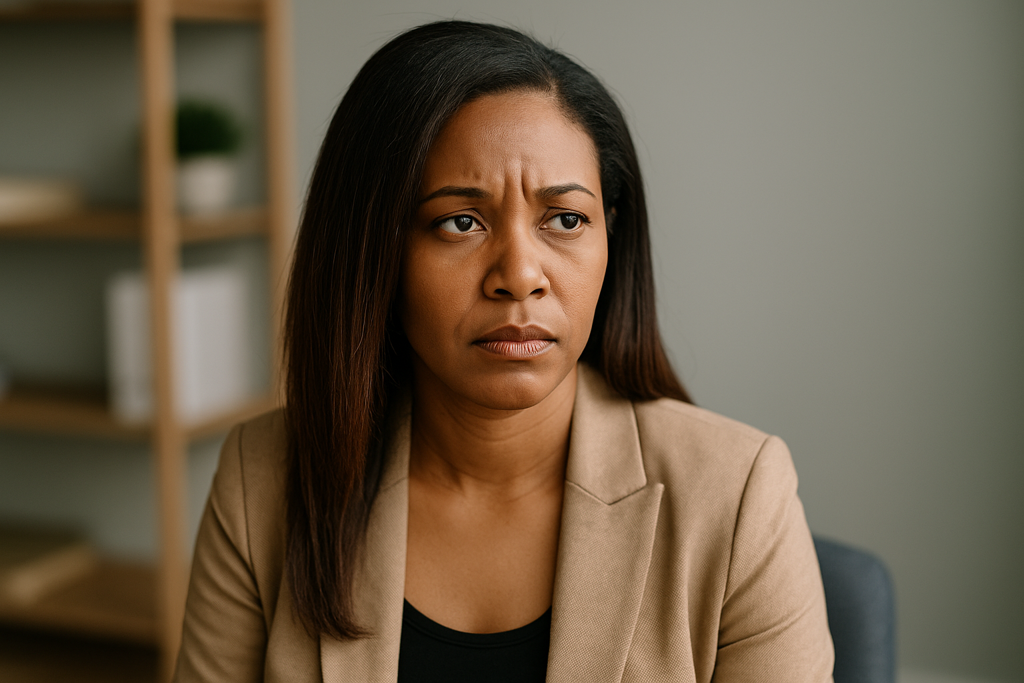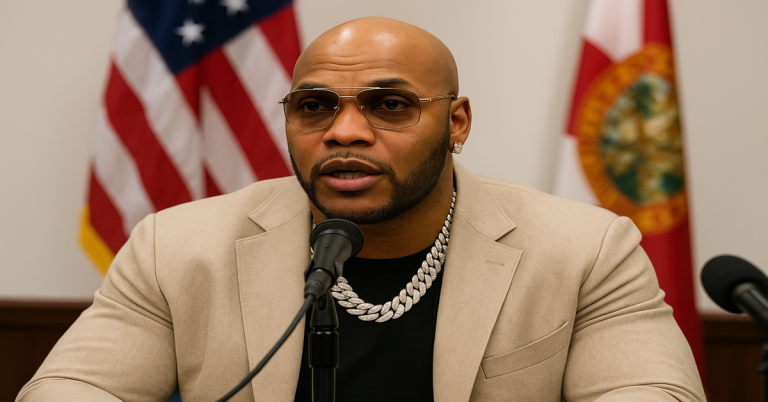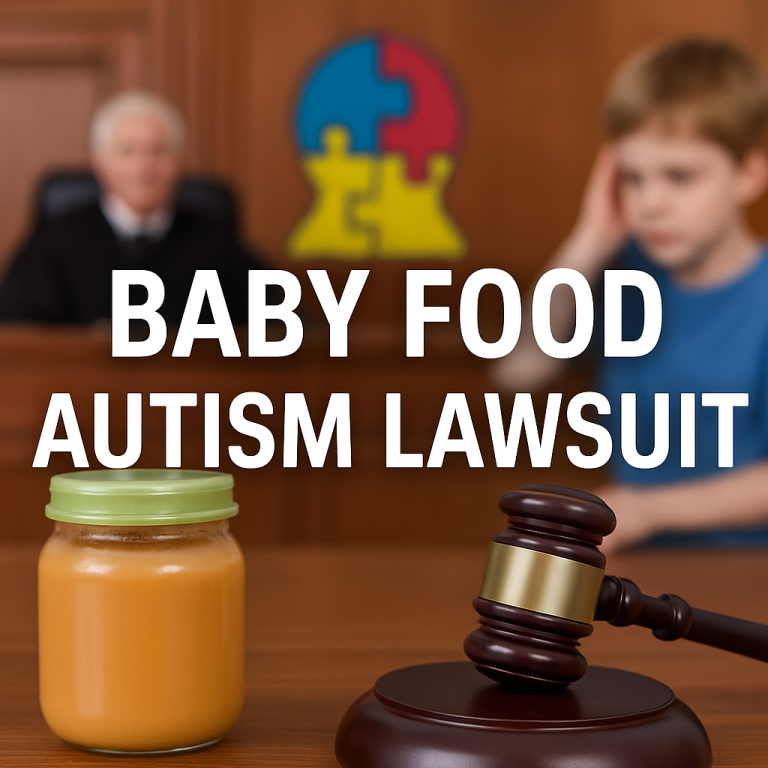Chemical hair relaxers have been used by millions of Americans, especially Black women, to straighten hair that is naturally curly or coily. These products, available in either cream or lotion form, promise a more manageable and sleek appearance for hair. However, there is much more to the story than beautifully shiny and straightened hair. The hair relaxer lawsuit has garnered significant attention on social media.
A growing health crisis has been unfolding over the last several years, as several research studies, as well as thousands of personal accounts, link these products to uterine, endometrial, and ovarian cancer. Some women also suffered from fibroids, developed endometriosis, and/or had a hysterectomy due to complications related to these disorders.
In addition, scientific studies have demonstrated that many of the products contain endocrine-disrupting chemicals (that mimic hormones, including estrogen), which affect the reproductive system (as shown from research conducted by the National Institute of Environmental Health Sciences).
There have also been numerous lawsuits across the United States, with plaintiffs claiming that certain manufacturers intentionally failed to warn users of the dangers associated with long-term use. As of June 2025, more than 10,000 lawsuits have been filed, and victims have converted those cases into a multidistrict litigation (MDL) in Illinois federal court. Plaintiffs are seeking reimbursement for their medical bills and lost wages, damages for pain and suffering, and the long-lasting effects the hair relaxers have had on their lives.
Why Are Women Filing Hair Relaxer Lawsuit?
This section explores the science behind the claims and the eligibility to join the lawsuit. It sheds light on why thousands of women have stepped forward.
How Are Hair Relaxers Linked to Cancer?
Research shows that relaxers contain components that disrupt our endocrine system, with components like phthalates, formaldehyde, and parabens. The disruption of the endocrine systems causes abnormal cell growth in reproductive organs.
NIH 2022: Found that when women used hair relaxers more than 4 times a year, they were 2x more likely to develop uterine cancer than women who never used hair relaxers.
NIH 2019: Found that women who regularly used chemical hair straighteners had a 30% increased likelihood of being diagnosed with breast cancer.
Environmental Research 2023: Confirmed that chronic use of chemical relaxers was significantly associated with uterine cancer among postmenopausal Black women, which is concerning since Black women experience higher incidence rates of uterine cancer.
These findings have led to anxiety nationwide and are now important evidence in the ongoing court cases.
Who Can File a Hair Relaxer Lawsuit?
To be eligible, individuals must meet specific health and usage criteria. You may qualify to file a claim if you:
- Were diagnosed at age 55 or younger with uterine, endometrial, or ovarian cancer.
- Used chemical hair relaxers five or more times per year.
- Had at least four years pass between the start of regular use and your diagnosis.
In addition to the cancers listed above, lawsuits are being considered for related conditions such as:
- Endometriosis can lead to chronic pain and fertility issues.
- Fibroids may require surgery and affect quality of life.
- Hysterectomy due to fibroids, leading to permanent reproductive loss.
These cases reflect not just medical harm but profound emotional and social consequences.
Which Companies Are Being Sued?
Women across the country are holding cosmetic giants accountable. These corporations have profited from products allegedly linked to life-altering conditions.
Brands Named in the Hair Relaxer Lawsuit
The lawsuits target major cosmetic corporations that manufactured and marketed these products:
- L’Oréal USA, maker of popular brands like Dark & Lovely and Ultra Sheen.
- Namaste LLC, known for its ORS Olive Oil product line.
- Godrej Consumer Products, associated with Just for Me and TCB Naturals.
- Strength of Nature Global, producer of the Motions brand.
- Revlon, a well-known manufacturer of Optimum relaxers.
- Other defendants include Avlon, Wella, John Paul Mitchell Systems, Advanced Beauty, Dudley Beauty, and RNA Corporation.
These companies are alleged to have knowingly sold products with carcinogenic ingredients without providing sufficient warning to consumers.
Marketing to Black Women
These relaxers were heavily promoted to Black women and young girls. Marketing campaigns often idealized straight hair as more beautiful or professional, reinforcing harmful beauty standards. Lawsuits argue this marketing strategy led to decades of repeated use in a vulnerable demographic.
How Is the Lawsuit Progressing in 2025?
This section outlines where the lawsuit stands today, including updates on trials, settlement talks, and procedural timelines.
What Is the Hair Relaxer MDL?
In February 2023, federal judges established MDL 3060 in the Northern District of Illinois, consolidating thousands of individual lawsuits in the same federal court. Bringing lawsuits into one court reduces litigation duplication and expedites the resolution process by creating a more organized framework for discovery and other pretrial steps.
Latest Legal Developments
Progress continues across both federal and state courts:
- June 2025: 10,317 active cases in MDL.
- Philadelphia courts launch a separate mass tort program, offering faster resolutions.
- April 2025: Settlement Master Ellen K. Reisman appointed.
- April 30, 2025: 40 bellwether trial candidates submitted.
- November 3, 2025: First bellwether trial date.
- February 2, 2026: Second bellwether trial planned.
Bellwether Trial Timeline
A clear path has been established:
| Phase | Deadline |
|---|---|
| Fact Discovery Ends | Feb 2026 |
| Expert Discovery Ends | Mar 2026 |
| Final Trial Selection | Mar 2026 |
| Daubert Motions | Nov 2026 |
| Trials Begin | Late 2026 – 2027 |
These trials will test how juries respond to evidence and help predict broader outcomes.
Discovery Disputes and Corporate Pushback
Disagreements remain over access to key documents. L’Oréal USA is requesting assistance from its French parent to obtain foreign regulatory files. Plaintiffs are also demanding more transparency in internal communications.
The scope and usefulness of Plaintiff and Defendant Fact Sheets remain contested. Plaintiffs seek deeper insights, while defendants push for limitations, claiming redundancy and overreach. The court continues to mediate.
What Do Plaintiffs Say?
Personal Stories of Loss and Illness
Real people’s lives have been deeply affected:
- Jenny Mitchell, diagnosed with uterine cancer in her twenties, links her condition directly to years of chemical relaxer use.
- Michele Lynn, a longtime user, passed away from cancer. Her husband believes she would have stopped using relaxers if she had been warned.
Thousands of similar stories describe lost fertility, permanent health damage, and emotional trauma. Hair stylists and cosmetologists often face extreme cases due to the daily exposure to chemicals over the years of professional service.
Are Settlements Expected Soon?
This section reviews what financial compensation could look like and whether settlements are close.
Current Payout Estimates
Though no official settlements have been finalized, experts suggest the following ranges:
| Injury | Estimated Range |
| Uterine Cancer | $300,000 – $1,500,000 |
| Ovarian/Endometrial Cancer | $200,000 – $1,000,000 |
| Fibroids or Hysterectomy | $100,000 – $500,000 |
Individual payouts will vary by case. The severity of the illness, age at diagnosis, medical expenses, and lost wages are all critical factors in determining compensation.
Is a Settlement Imminent?
While a settlement master has been appointed, talks are ongoing. No concrete resolutions have emerged yet. Bellwether trials will likely play a pivotal role in shaping settlement amounts. If verdicts favor plaintiffs, settlement pressure on defendants will increase.
How to Join the Hair Relaxer Lawsuit
Women diagnosed with qualifying conditions should act quickly to explore their legal rights.
Which Law Firms Are Taking These Cases?
Leading law firms involved include:
- King Law, known for its strong record in product liability.
- Miller & Zois, LLC, is a top-tier mass tort firm.
- TorHoerman Law is an expert in cancer-related lawsuits.
- Motley Rice and Beasley Allen, nationally respected for handling large MDLs.
- Simmons Hanly Conroy, recognized for major pharmaceutical and consumer safety cases.
These firms operate on contingency—clients pay nothing unless they receive compensation.
What to Prepare
Before contacting an attorney, prepare the following:
- A complete timeline of product usage, including brands and years used.
- Medical records proving your diagnosis.
- Optional: Receipts or photos of relaxer products.
FAQs: Hair Relaxer Lawsuit
What is the hair relaxer lawsuit about?
It’s a mass tort litigation against cosmetic companies that sold relaxers allegedly linked to cancer and reproductive harm. Plaintiffs claim these companies knew about the dangers and did nothing to protect consumers.
Who qualifies to file a lawsuit?
Anyone under age 55 who developed uterine, endometrial, or ovarian cancer after long-term use of relaxers may be eligible.
What products are involved?
Brands like Dark & Lovely, ORS Olive Oil, Just for Me, Motions, and Optimum are among those named in the lawsuits.
How long will the lawsuit take?
The first bellwether trial is scheduled for late 2025. Most settlements or verdicts will likely occur in 2026 or later.
Do I need a receipt to file my tax return?
No, but a clear history of product usage and diagnosis greatly strengthens your case.
Conclusion
The hair relaxer lawsuit reflects a broader public reckoning. It exposes how everyday beauty routines have been corrupted by negligence and corporate indifference. Thousands of women trusted these products, unaware of the long-term damage.
Now, justice is underway. With the MDL advancing and trials approaching, hope remains that accountability will follow. Women harmed by these products deserve compensation, answers, and assurance that such harm never happens again.
Ayesha Awais is a content writer for JudicialNexus.com, covering accident reports, injury-related news, lawsuits, and public safety updates. All content is informational in nature and based on publicly available sources.




